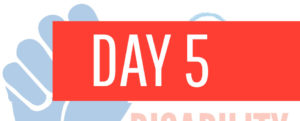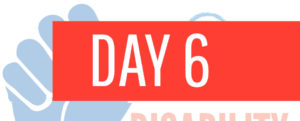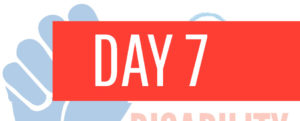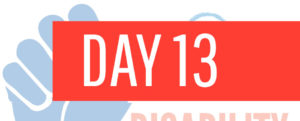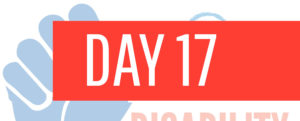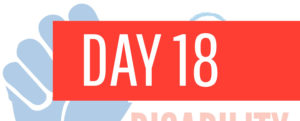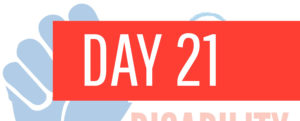Day 14: Alternatives to Guardianship
Guardianship is the legal process by which an individual assumes the role of decision-maker for an adult with a disability. Guardianship is a powerful tool that significantly restricts the person’s rights; for that reason, alternatives should be explored and implemented before jumping into guardianship. Families who have a child with an intellectual or developmental disability who is turning 18 are frequently advised to seek guardianship over their child. Guardianship is often presented in a way that feels like the natural “next step” without alternatives being offered.
Guardianship can be enacted at any time during a person’s life. It’s not uncommon as people age or acquire disabilities to have their family request guardianship. Sometimes a guardian is appointed who isn’t even a family member – a complete stranger who charges a fee to make legal decisions about someone they don’t know or particularly care about. Guardianship leads to many people with disabilities losing the right to make decisions for and about themselves.
There are other ways to be helpful to someone with a disability without having a guardian appointed. Some alternatives to guardianship include family and friends helping to advocate, having a durable power of attorney, setting up a trust, assigning a representative payee, limiting bank account access, and supported decision making. Removing someone’s right to make decisions about themselves should be the last option, not the first.

Read
- Guardianship in the U.S.: Protection or Exploitation:
https://www.nextavenue.org/guardianship-u-s-protection-exploitation/ - ACLU: Supported Decision Making & The Problems of Guardianship
https://www.aclu.org/issues/disability-rights/integration-and-autonomy-people-disabilities/supported-decision-making - The Story of Britney Spears is a Story of Disability Rights
https://www.refinery29.com/en-us/2021/04/10365891/britney-spears-conservatorship-disability-rights?fbclid=IwAR3vDSiKtC6wO6YaztVrLR1zZyKUTXqhkMAdG4Pa-ev3A2UyAdVnc2UusRE

Watch
- Alternative to Guardianship Explained (2:31)
https://www.youtube.com/watch?v=Igp59IUOim8 - Alternative to Guardianship: Advocate for your Rights; (transcript available) (11:21)
https://www.youtube.com/watch?v=uQaTxlziiaM
Discussion
- Do you think the court system should play a role in ensuring that alternatives to guardianship have been presented before granting a guardian? Why or why not?
- Do you feel that a family member should have the ability to obtain guardianship over a person with a disability without their informed consent? Should a paid third party be allowed to be assigned as a guardian? Why or why not?





